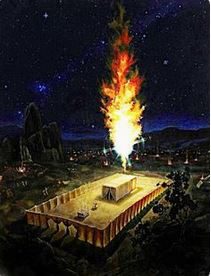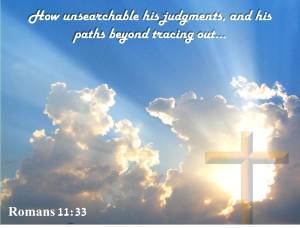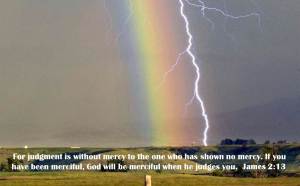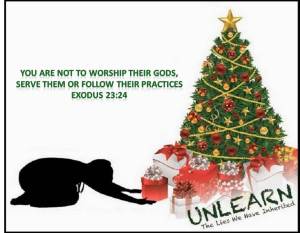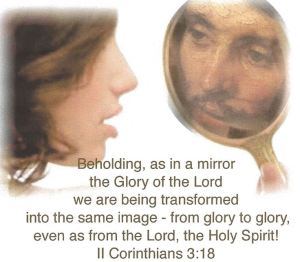Yeshua is everything to us: our salvation, our hope, our future, to name a few. It is important to get to know Him as well as possible. We can do this by interacting with Him and also by reading the Bible. It is the word of Yehovah and Yeshua is the living Word of Yehovah. This series, entitled “Who Is Yeshua?” will consist of twenty-one articles. Each article will explore a different section of the Bible to discover different titles and roles of Yeshua and our response to each role. In the fourteenth article in the series, Yeshua is Advocate.
My little children, I am writing these things to you so that you may not sin. And if anyone sins, we have an Advocate with the Father, Jesus Christ the righteous; and He Himself is the propitiation for our sins; and not for ours only, but also for those of the whole world (1 John 2:1-2).
If you look closely throughout Scripture, you may notice that our Heavenly Father is also the King and Judge over all that He has created and, in particular, over all the earth. There are times, as in the days of Noah, that our Father warned the inhabitants of the earth that they were straying far from His ways and entrenching themselves in evil. When they continued to disregard Him, our Father, who is also King and Judge, pronounced sentence upon them. Only Noah and his family were spared because they heeded Yehovah and followed his ways (Gen 5:32-10:1). Other examples include Sodom and Gomorrah (Gen 19); Nineveh, although that sentence was revoked due to their repentance (Jonah 3); and the dispersion of the Jews and the destruction of the second Temple in 70 AD (as Yeshua prophesied in Matt 24).
As humans, we stray from Yehovah’s laws and we don’t always heed His warnings right away. We need an advocate in Heaven to represent us before the Judge. According to Easton’s Bible dictionary, an advocate is one who pleads another’s cause, who helps another by defending or comforting him. Yeshua is our Advocate in Heaven, seated at the right hand of Yehovah. Since the courtroom is in Heaven and we are residing on earth, we have another Advocate on earth to represent us and counsel us here. The Holy Spirit is our Advocate on earth (John 14:16, 15:26, 16:7). The roles of an advocate are to defend rights, to fight for needs and rights for other people, and assist others.
It is a frightening thing to try to defend yourself in an earthly court; how much more so to try to defend yourself before the King and Judge of all creation. It is wise to repent and ask forgiveness as soon as we realize that we have sinned. We are not alone for we have advocates to assist us and advise us. Both advocates represent us in Heaven’s Court and both counsel us. The Holy Spirit not only counsels us directly, but also relays Yeshua’s advise to us (John 16:14). If we will heed their advice and submit to our Father’s rule, we will have no need to be judged. However, if we stray, we have two powerful advocates to plead our cause before the Judge and to advise us. They are clearly on our side, so it is in our best interest to heed their advice.
When another person complains to the Father about us or when the adversary, who constantly seeks opportunities to destroy us (1 Pet 5:8) raises accusations against us, the Righteous Judge must address the matters brought before Him. Thanks to His merciful provision, we already have two court-appointed advocates to plead our cause and intercede for us.
Since Yeshua has lived upon this earth as one of us and has suffered as we suffer, He understands our weakness and is an empathetic Advocate. He knows our hearts and can plead for us based on what’s inside of us, unlike an advocate in an earthly court who can only work with external evidence.
Every time we are found guilty or plead guilty in Heaven’s court, there is a corresponding debt to be paid, one that we cannot pay for ourselves. Our Father, the righteous Judge, does not cancel our debt and pretend our sin hasn’t happened when we stand before Him. However, in His infinite mercy, our Father has provided the payment for our sin, through the sacrifice and blood of His first-born, His precious Yeshua. Yeshua is not only our Advocate in Heaven, but He has already given His life for us and provides the payment for our debt with His own blood. Once our debt has been paid, our sin is stricken from the record. We see a picture of this in the commands concerning the scapegoat on the Day of Atonement as described in Leviticus 16.
When we cooperate with the Righteous Judge and our two Advocates, everything works out beautifully in our favor and our rewards and benefits are bountiful.

